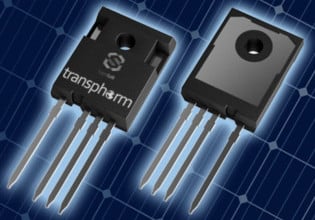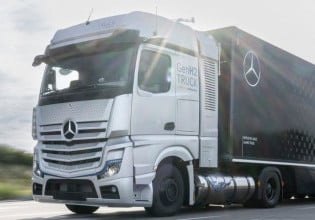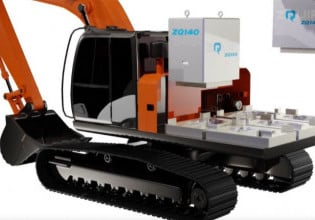100% Capacity Utilization from Zinc Bromine Energy Storage
Gelion Technologies, a company spun out from research at the University of Sydney, has introduced a new energy storage platform using zinc-bromide battery technology. The technology was developed by Professor Thomas Maschmeyer, winner of the 2018 Eureka Prize for Leadership in Innovation and Science.
The platform, Gelion Endure, touted as safe, low-cost zinc-bromine gel battery technology, is expected to provide a scalable method to store renewable energy. (See image above). The company plans to launch the system into the $70 billion global energy storage market.
Professor Maschmeyer, Gelion's founding chairman, said it was fitting to be launching Gelion Endure at the University of Sydney, where he and his team began developing the technology in 2014.
"I'm honored to be launching Gelion Endure here as our first commercial endeavor. During the next year, the University will be incorporating Gelion battery cells on campus to power mobile light towers to improve safety after dark, helping to build the foundation for a more sustainable campus.
 One of the Gelion endure battery stacks. about the size of a tennis ball container.
One of the Gelion endure battery stacks. about the size of a tennis ball container.
"The University of Sydney has been an unwavering supporter of Gelion from the outset and our continued relationship speaks to its growing reputation in high-impact innovation and technology translation to further positive societal outcomes," Professor Maschmeyer said.
The University of Sydney Vice-Chancellor and Principal, Dr Michael Spence, said, "The University is proud of Professor Maschmeyer, who is one of Australia's most innovative scientists. We look forward to building on our partnership with Gelion Technologies as the renewable energy sector grows."
Gelion batteries were developed using Professor Maschmeyer's expertise in catalytic chemistry. They use zinc-bromide, which according to Professor Maschmeyer, is a much cheaper and safer technology that lithium-ion batteries. Zinc-bromide serves as the workhorse to store renewable energy.
Specifically, the company says that its technology combines the advantages of ionic liquids and innovative additives, using Zinc-Bromine chemistry coupled with advanced electrolytes that can be all-liquid, liquid/ionogel or all-ionogel.
"As the global economy switches from fossil fuels to renewable energy, storage systems will become increasingly important," Professor Maschmeyer said. "And Gelion's battery storage platform can help provide capacity for a post-carbon economy."
Gelion's chief executive, Rob Fitzpatrick, asserted that storage is the key element enabling widespread adoption of renewable power. Therefore, he suggests, that innovative battery storage solutions at scale are required for renewable energy to reach its full potential.
"The global battery market is currently valued at $60bn to $70bn and yet, if we were to take all current batteries produced in one year, they would only have the capability to store around 11 minutes of annual electrical power use. Gelion has set out to fill the overwhelming market need with an inexpensive, robust, safe, fully recyclable and scalable battery - the Gelion Endure system."
According to Gelion, the zinc-bromine gel chemistry it uses operates safely without the need for active cooling, and it can utilize 100% of the battery's capacity. Further, its electrode surfaces can be rejuvenated remotely, using state-of-the-art battery management systems, without the need for on-site servicing.
This remote rejuvenation capability and its safe performance make the technology suitable for stationary energy storage applications in all areas, including remote sites.
Unlike lithium-ion batteries, zinc-bromine-based batteries do not overheat and cause fires, and they do not leak sulfuric acid like lead-acid batteries.
Also, they can do what the professor refers to as "deep cycling" which allows them to use 100% of their capacity.






